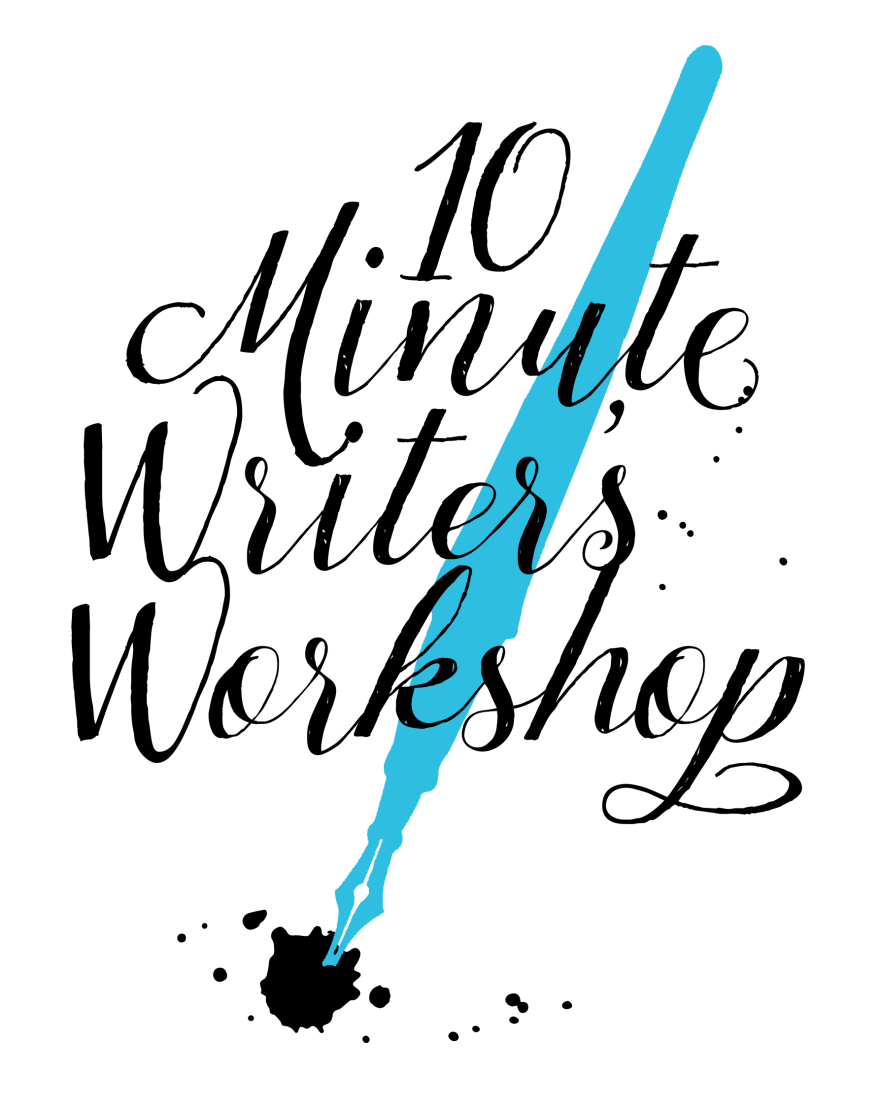Recently, the writer dubbed "The Queen of the Summer Read," Elin Hilderbrand, sat down with us backstage at the Music Hall Loft to talk about her writing process. She was there to talk about her latest novel, Winter Stroll, as part of the Writers in the Loft series. The conversation is part of a series we call the 10-Minute Writer's Workshop.

What's harder to write - the first sentence or the last?
They're both really hard. I actually think the first sentence is the hardest, because you want to set yourself up to succeed... It's very, very important that you give yourself lots of options, lots of places to go, and create a sense of inviting someone in.
Do you write those sentences down somewhere, doodle, write in a notebook?
I run eight miles every day, and when I'm running, a lot of times I'll leave myself voice memos on my phone, because I'm constantly thinking. This morning, running along the river in Boston, I thought "the third book is going to be called Winter Storms, and it's going to allude to my newscaster character's secret love for weather news stories." I have a line written, but of course now I can't recall what it is, under pressure!
Are there personal habits you would encourage writers to take up or avoid to be more productive?
I'm a graduate of the Iowa Writers' Workshop, and when I was there I studied with Frank Conroy. He was not a particular favorite person of mine, but he taught me so much about how to write. I compose for three hours a day, that's my general rule, that was our guideline at Iowa. I have become so disciplined that I'm writing two books a year, I stick to that guideline and I would encourage writers to just get it done. Get something on paper, you can always go back and fix it... but I think there's a lot of fear, a lot of hesitation, trepidation in writers, because they're afraid of writing something stupid or something not good. Just get it down on paper.
Do you edit as you go or wait until the end?
I hand write everything in notebooks, and then when I put it into the computer, that's my first edit. And then I'll print it out, and I'll edit... print it out, and edit, change it in the computer. But I jut try to go with the flow and try not to edit too much while it's still in longhand.
What is your personal worst distraction from getting work done?
I don't want to say it, but it's the phone. The phone, the internet, my children - I have three children, sixteen, thirteen and ten. I can write while anything is going on but I can't write while I'm driving, and when you have kids that age, what are you doing? You're driving.
How much research do you do before you start?
It really depends on the book. I wrote a novel called A Summer Affair about a glassblower, and people came up to me and said, "oh, you just know so much about glassblowing, you must be a professional..." The only way I learned about glassblowing, other than going and watching it be done, is that I bought this book called Beginning Glassblowing. You only need to know as much as you need to know to sound convincing in fiction.
What is the most common mistake that new writers make?
They don't have a long view. They're very worried about the book that they're writing, and the characters, but I think any writer that's going to be successful is going to have a longer view. What is your follow-up to this book? What other things do you want to write about? What themes do you want to explore? Who do you want to be? When they're marketing you - because everyone has to sell their books as well, not only write them - finding an identity for yourself as a writer is really important. I'm called the "Queen of the Summer Read," and people say "does that bother you?" No! That is the path I have chosen. I knew I wanted to write about summertime on Nantucket.
How many times were you rejected before you were published?
Oh, dear. Tons. Tons. My first novel - there were 13 publishers at that time in New York - got twelve rejections and finally the last person bought it. Thank goodness!








